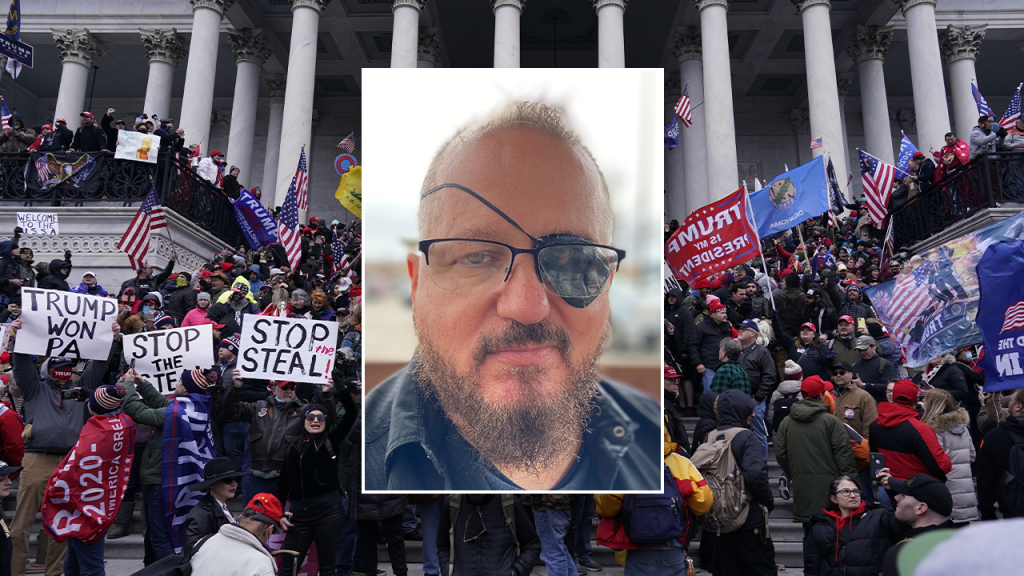The commutation of sentences for several individuals involved in the January 6th Capitol attack, granted by former President Donald Trump, has sparked a legal controversy surrounding a subsequent order restricting their access to Washington, D.C. and the U.S. Capitol building. Judge Amit P. Mehta issued the order, specifically naming eight individuals whose sentences were commuted, barring them from entering the District of Columbia without court permission and prohibiting access to the Capitol building and its grounds. This order immediately faced opposition, with the Justice Department quickly filing a motion to lift the restrictions. The situation has raised significant legal and constitutional questions, particularly regarding the scope of judicial authority over individuals with commuted sentences and the potential infringement on First Amendment rights.
The core of the legal debate centers on the distinction between a commutation and a pardon. A pardon fully absolves an individual of their crime, essentially erasing the conviction, while a commutation merely reduces or alters the sentence but leaves the conviction intact. Judge Mehta’s order hinges on the argument that, since these individuals were not pardoned, the court retains some jurisdiction and can impose restrictions deemed necessary. This rationale has been challenged by legal experts, including Jonathan Turley, who points out the unusual nature of the order and the potential First Amendment implications. The Justice Department’s swift opposition further underscores the controversy, arguing that the commuted sentences effectively conclude the legal proceedings and that imposing such restrictions sets a potentially dangerous precedent.
Legal experts have raised concerns about the potential constitutional implications of this order. The restriction on entering Washington, D.C., without court approval raises questions about the right to travel and freedom of movement. Furthermore, the prohibition on accessing the Capitol building and grounds, particularly in light of the First Amendment’s protection of the right to assemble and petition the government, has been identified as a potential infringement on fundamental rights. The order effectively requires these individuals to seek court approval to exercise their constitutional rights, which many argue is an overreach of judicial power. The comparison to restricting access to the national capital in authoritarian regimes further highlights the gravity of the restrictions imposed.
The ongoing legal challenge revolves around the balance between judicial authority and individual rights. While the court may argue that it retains some jurisdiction over individuals with commuted sentences, critics contend that these restrictions are excessive and potentially unconstitutional. The Justice Department’s argument that the commutations themselves represent a conclusion of the legal process further strengthens the case against these restrictions. The question remains as to whether the court’s interest in maintaining order and security justifies the limitations imposed on these individuals’ fundamental rights.
The controversy surrounding this order underscores the complexities of presidential pardons and commutations, and their intersection with judicial authority. The distinction between a pardon and a commutation is crucial in understanding the legal basis of the order, and the subsequent challenges. The debate extends beyond the specific case of the January 6th defendants, raising broader questions about the scope of judicial power and its potential to infringe on constitutional rights. The outcome of this legal challenge will have significant implications for future cases involving commuted sentences and the extent to which courts can impose restrictions on individuals who have received such clemency.
The case highlights the delicate balance between public safety concerns and individual liberties. While preventing further unrest and ensuring the security of the Capitol are legitimate government interests, the means employed must be carefully scrutinized to avoid undue encroachment on fundamental constitutional rights. The controversy surrounding this order underscores the importance of upholding due process and ensuring that judicial decisions do not unduly infringe on the freedoms guaranteed by the Constitution. The ongoing legal battle will ultimately determine the permissible scope of judicial authority in cases involving commuted sentences and its impact on individual rights and freedoms.

